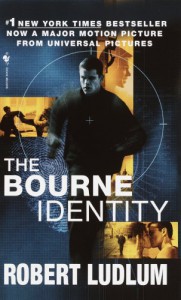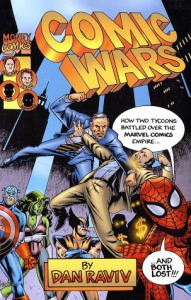Midaq Alley

Thanks to good translation by Trevor Le Gassick, I could really enjoy this extraordinary piece of Mahfouz's work. It was enchanting and quite surprising view into the domestic lives of modern Egyptians, although pretty dark one.
The Egyptian culture differs from ours (I am European catholic), I've witnessed their way of living myself, but not so much. Despite some differences in the religious points of view, the depravity and the tragic lives of almost all Mahfouz's characters would be observed with the same (maybe not so intense) disapproval in my country, and would be the temporary subject of malicious street gossip too.
What I admired the most in the novel, was the decency of pious Radwain Hussainy who was the main moral authority for the whole Alley. People of Midaq Alley would very often turn to him to hear his wise words - it is entirely different matter the fact that they weren't always obeyed. Abbas Hilu was good young man too, worth every praise and with bright prospects, if only he wasn't so unfortunate and imprudent in love.
The only issue I had with the novel was its darkness - the main characters weren't likable, they all were in some way corrupted. We all have some character flaws, but here they were accentuated at the expense of any possible virtues so much it was impossible to identify with them. However, they were regarded with such respect, I could follow their stories objectively.
Midaq Alley perfectly captured the atmosphere and state of mind of lower-class Cairo at the end of the Second World War. I deem it worth the attention, if you do look for the thoughtful character study, and especially if you wish to learn something constructive about the Arab culture from their perspective.

























